JK Rowling: Why fans have turned on the Harry Potter author
For decades, she has been beloved at the creator of the Harry Potter series – but all it took was a few tweets for the tide to turn.
Daniel Radcliffe wasn’t having it.
The star of Harry Potter, who was hand-picked by film producers at the age of 11 to play the most famous boy wizard in the world, wasn’t going to let JK Rowling’s latest comments go unchecked.
The author and creator of Harry Potter, Hogwarts and all things magical, had recently fired off a series of transphobic tweets, arguing against the right of trans women to identify as women.
“Jo is unquestionably responsible for the course my life has taken,” Radcliffe wrote in a statement published by The Trevor Project, an organisation that works in crisis prevention for LGBTQ youth. “As a human being, I feel compelled to say something at this moment … Transgender women are women. Any statement to the contrary erases the identity and dignity of transgender people and goes against all advice given by professional health care associations who have far more expertise on this subject matter than either Jo or I.”
RELATED: JK Rowling defends her comments against allegations of transphobia
RELATED: JK Rowling backs researcher sacked over gender tweet
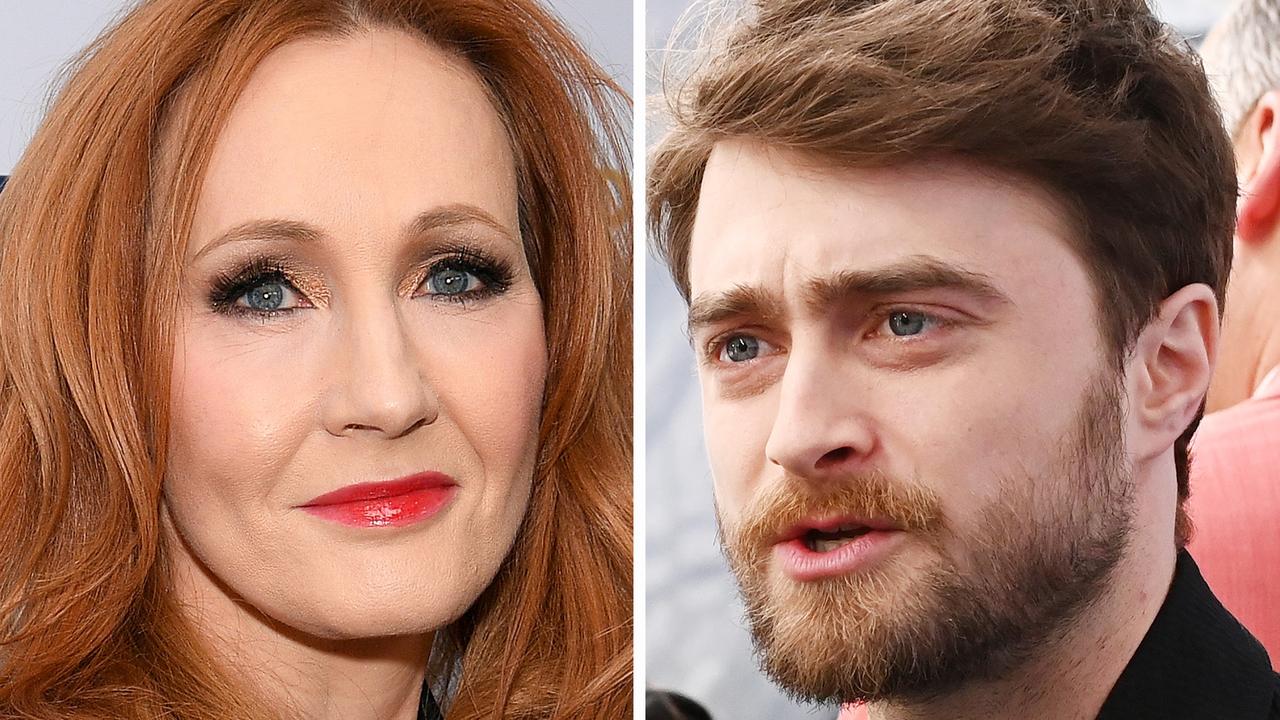
He concluded with a message of solidarity for all the young people, particularly LGBTQ identifying readers, who felt betrayed by the author of a book series that changed their lives.
“I am deeply sorry for the pain these comments have caused you,” Radcliffe said. “If these books taught you that love is the strongest force in the universe, capable of overcoming anything; if they taught you that strength is found in diversity, and that dogmatic ideas of pureness lead to the oppression of vulnerable groups …
“If you found anything in these stories that resonated with you and helped you at any time in your life – then that is between you and the book that you read, and it is sacred. And in my opinion nobody can touch that.”
In all seriousness, Daniel Radcliffe is saving lives with this statement. As a trans person, I used movies and books as an escape from my life and Harry Potter was one of those spaces I found refuge in.
— Harrison Browne (@Hbrowne24) June 9, 2020
From one Harry to another... thank you. pic.twitter.com/6tU3XsjQPb
Radcliffe’s statement was a balm to all the Harry Potter fans who have felt increasingly isolated by Rowling’s comments and opinions over the years.
Because not only has the author – who has an estimated fortune of $1.45 billion and has sold more than 500 million copies of her books – frequently made transphobic statements, she has also controversially spoken up in support of the casting of Johnny Depp in the Fantastic Beasts film franchise, despite accusations of domestic abuse against him by Depp’s former spouse Amber Heard.
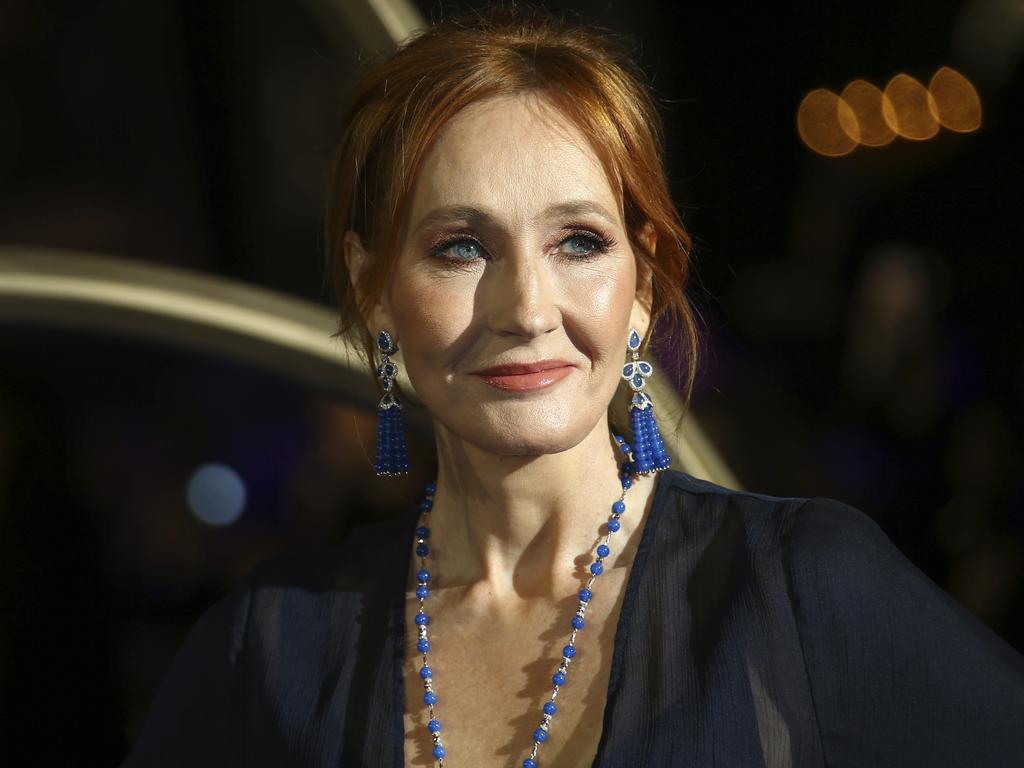
Rowling has been accused of cultural appropriation and racism in her work. Rowling has also, to the initial bemusement and eventual frustration of Harry Potter fans, sought to rewrite the history of her books to include more progressive elements that simply weren’t there on the page.
The result has been the slow, but steady, turning of the tide against the author, once beloved as the creator of a literary series that has touched the lives of so many. But increasingly, Harry Potter fans have found that Rowling’s comments and opinions have soured the legacy of that wonderful, magical world almost irrevocably.
TRANSPHOBIA
One of the most frequent criticisms leveraged at Rowling is that she is a TERF, or a Trans Excusionary Radical Feminist. These claims arise from the fact that, over the years, the author has frequently aired transphobic views on social media.
In 2017, fans started to notice that Rowling’s Twitter account was revealing some disappointing likes. First, the author appeared to favourite a tweet suggesting that gender self-identification would damage the #MeToo movement.
‘Feminazi’, ‘TERF’, ‘bitch’, ‘witch’.
— J.K. Rowling (@jk_rowling) June 6, 2020
Times change. Woman-hate is eternal. https://t.co/R6YlRFEvgG
Then, in 2018, she liked a tweet referring to trans women as “men in dresses”.
Speaking to Pink News, a representative for the author said that the latter like was an accident, chalking it down to a “clumsy and middle-aged moment”. The representative noted that “this is not the first time [Rowling] has favourited by holding her phone incorrectly”.
But in December 2019, Rowling was back in the news for another transphobic moment. The author publicly supported Maya Forstater, a researcher who was fired for tweeting that “men cannot change into women”.
Forstater’s comments, which had been ruled “not worthy of respect” by an employment tribunal, were forcefully echoed by Rowling on her Twitter account. “Dress however you please,” Rowling wrote. “Call yourself whatever you like. Sleep with any consenting adult who’ll have you. Live your best life in peace and security. But force women out of their jobs for stating that sex is real? #IStandWithMaya”.
Dress however you please.
— J.K. Rowling (@jk_rowling) December 19, 2019
Call yourself whatever you like.
Sleep with any consenting adult who’ll have you.
Live your best life in peace and security.
But force women out of their jobs for stating that sex is real? #IStandWithMaya #ThisIsNotADrill
This notion that sex is “real” became a recurring motif for Rowling. Never mind the fact that research has shown that gender identity and sex are two very different things, Rowling continued to push the agenda online. In March, she accidentally copied and pasted the comment “f**k up some TERFs”, from an article on a 2017 assault by a trans woman that misgendered the woman in question, into a response to a child’s drawing on Twitter.
When critics demanded that she explain why she was seeking out stories that portrayed the trans community in a negative light, Rowling hit back with claims of censorship. “I am not – as many of the people now swarming into my mentions seem to think – ashamed of reading about the assault,” she tweeted. “You should know by now that accusations of thought crime leave me cold. Take your censorship and authoritarianism elsewhere. They don't work on me.”
However, I am not - as many of the people now swarming into my mentions seem to think - ashamed of reading about the assault. You should know by now that accusations of thought crime leave me cold. Take your censorship and authoritarianism elsewhere. They don't work on me.
— J.K. Rowling (@jk_rowling) May 29, 2020
Just this week, in the middle of the Black Lives Matter protest movement and a global pandemic, Rowling doubled down on her transphobic messaging. In a series of tweets kickstarted by an article that used the term “people who menstruate” to describe cis women, Rowling railed against the right of trans women to identify as women.
“If sex isn’t real, there’s no same-sex attraction,” she tweeted. “If sex isn’t real, the lived reality of women globally is erased. I know and love trans people, but erasing the concept of sex removes the ability of many to meaningfully discuss their lives. It isn’t hate to speak the truth.”
If sex isn’t real, there’s no same-sex attraction. If sex isn’t real, the lived reality of women globally is erased. I know and love trans people, but erasing the concept of sex removes the ability of many to meaningfully discuss their lives. It isn’t hate to speak the truth.
— J.K. Rowling (@jk_rowling) June 6, 2020
“I respect every trans person’s right to live any way that feels authentic and comfortable to them,” she continued. “I’d march with you if you were discriminated against on the basis of being trans. At the same time, my life has been shaped by being female. I do not believe it’s hateful to say so.”
Rowling concluded by suggesting that all those who opposed her were anti-feminist and woman-hating. “‘Feminazi’, ‘TERF’, ‘b*tch’, ‘witch’. Times change. Woman-hate is eternal,” Rowling wrote.
In a statement released on her website on 10 June 2020, Rowling once again doubled down on her comments, arguing that she must speak out on these issues because she believes that trans rights erode the rights of biological women. In the lengthy post, Rowling spoke about her own history as a survivor of abuse, her belief in preserving single sex spaces and her concerns that, for many, transitioning was a regret.
“It would be so much easier to tweet the approved hashtags – because of course trans rights are human rights and of course trans lives matter – scoop up the woke cookies and bask in a virtue-signalling afterglow. There’s joy, relief and safety in conformity,” Rowling wrote.
But for many, this statement was a tone deaf and dangerous “transphobic manifesto”.
J.K. Rowling’s essay is dangerous hogwash that will only hurt trans people and reinforce a gender binary that oppresses women but go off, I guess.
— Emily VanDerWerff (@emilyvdw) June 10, 2020
“JK Rowling’s essay is dangerous hogwash that will only hurt trans people and reinforce a gender binary that oppresses women but go off, I guess,” tweeted trans writer Emily VanDerWerff.
Added trans activist Serena Daniari: “In all seriousness though, J.K. Rowling is the worst kind of transphobe, because she somehow has convinced herself that she has love & compassion for trans people while simultaneously denying our humanity & relentlessly attacking us. She should just admit she hates trans people.”
JOHNNY DEPP
Rowling was also severely criticised when she supported the decision to cast Johnny Depp as the dark wizard Grindelwald in the Fantastic Beasts film series.
The year was 2017, months after the exposure of the Harvey Weinstein sexual assault scandal in the New York Times, which kicked off Hollywood’s #MeToo movement, and a year after Amber Heard had accused Depp of domestic abuse.
“During the entirety of our relationship, Johnny has been verbally and physically abusive to me,” Heard alleged in court documents at the time of their divorce.
Depp has always denied abuse claims. Though their divorce was finalised in 2016, Depp sued Heard for defamation in 2019, alleging that an opinion piece she wrote for The Washington Post in which she identified as “a public figure representing domestic abuse” falsely intimated that he had abused her. Depp’s suit claims that, in fact, he is the victim of abuse.
The case between Depp and Heard continues to this day, after the denial of a motion to dismiss submitted by Heard’s legal team in March 2020.
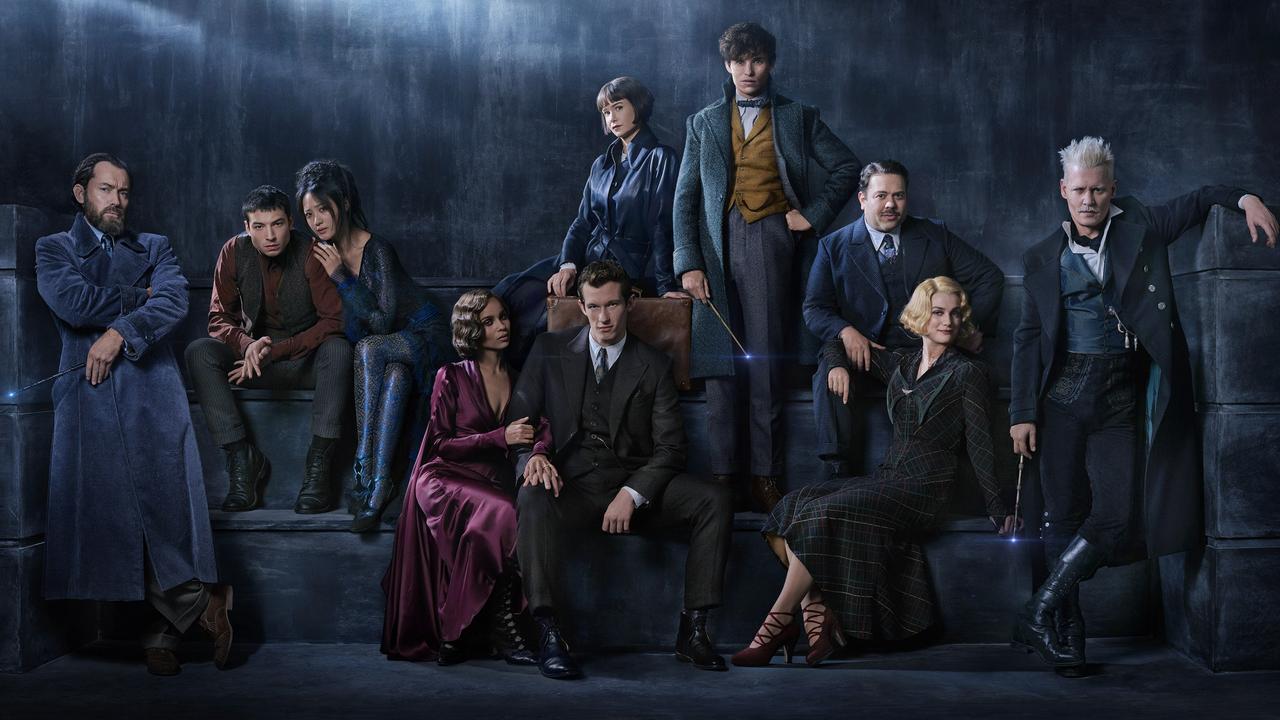
Despite this, Depp’s casting in the Fantastic Beasts series, alongside Jude Law and Eddie Redmayne, upset many fans. Depp had previously appeared in a cameo role in the first film in the series, released in November 2016. At the time, there was a groundswell of backlash at the casting of Depp, which Rowling only addressed in December 2017 on her website.
“Based on our understanding of the circumstances, the filmmakers and I are not only comfortable sticking with our original casting, but genuinely happy to have Johnny playing a major character in the movies,” she wrote.
“I accept that there will be those who are not satisfied with our choice of actor in the title role. However, conscience isn’t governable by committee. Within the fictional world and outside it, we all have to do what we believe to be the right thing.”
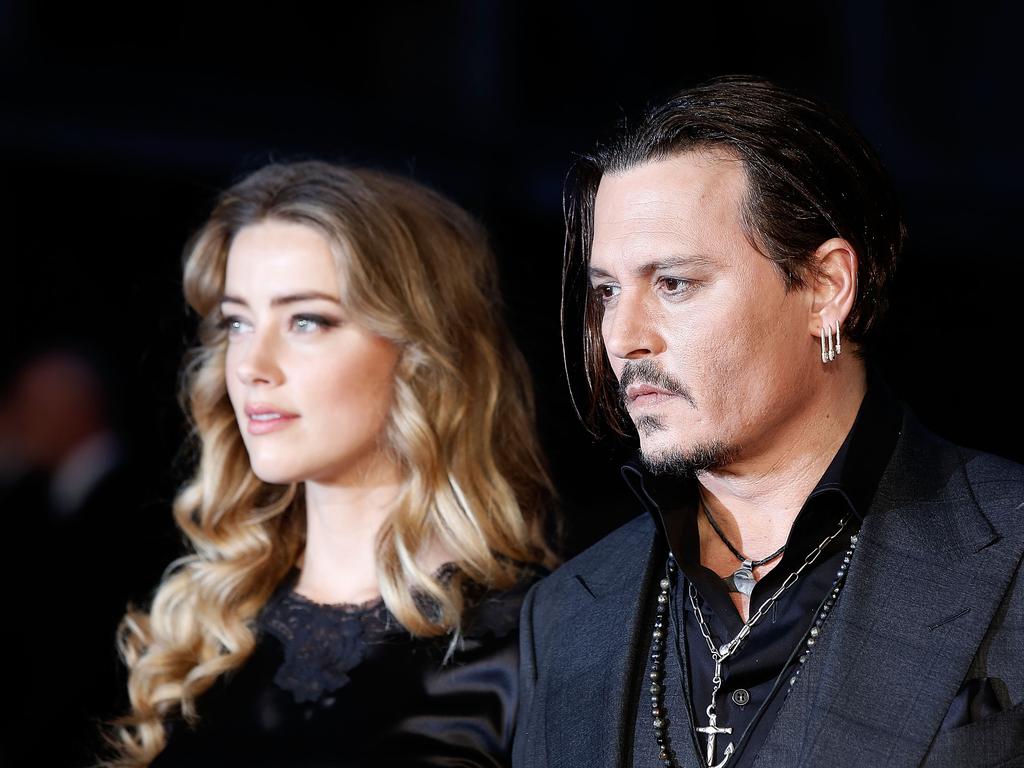
REWRITING HOGWARTS, A HISTORY
Outside of these two controversies, one of the other concerns that Harry Potter fans have with Rowling is the way she has bent the canon of the series to serve her own purposes. For these fans, Rowling’s constant rewriting of her books as more inclusive than they really were on the page doesn’t promote diversity, but rather is a self-serving way for the author to congratulate herself.
Take, for example, the 2007 revelation that Dumbledore was gay. Rowling let that one slip out at a fan event in New York, announcing that she had “always thought” of the Hogwarts headmaster as gay.
Celebratory as this was for the queer community, many fans were upset that Rowling never explicitly wrote that act of representation into her books. Instead, she chose to reveal it quite literally after the fact, and let Dumbledore’s sexuality and identity remain nothing more than allusion on the page.
Neither, for that matter, would a gay Dumbledore exist onscreen in later films like Fantastic Beasts.
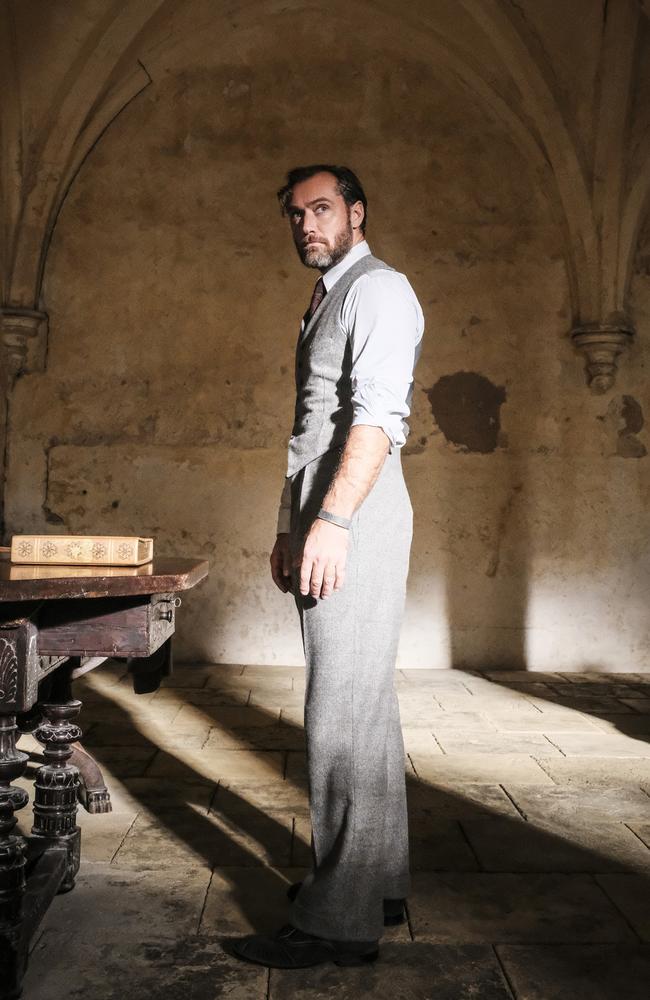
In these films, Dumbledore would not be “explicitly” gay, according to director David Yates, despite their release decades after Rowling’s reveal, and Rowling’s position as the screenwriter of the films.
As one fan explained to Insider: “I am both furious and heartbroken … Dumbledore's sexuality is not an Easter egg for fans of the books [ …] it is an integral part of the character. It gives the story depth and meaning. To leave it out is to cheat the fans of a well-written movie. Everyone deserves to be represented.”
Dumbledore’s sexuality isn’t the only thing Rowling has tried to retrofit into the Harry Potter series.
Over the past few years, Rowling has been criticised for revealing such inane and ridiculous canonical innovations like the fact that Hagrid can’t produce a patronus – why? Not enough happy memories? It’s just so mean – or that Fred was born first of the Weasley twins or that Credence is a Dumbledore (just … don’t ask).
JK Rowling: Oh yeah, Dumbledore is gay! Just didn’t put it in the books.
— Ashley Poston ✨ (@ashposton) January 31, 2018
Us: Ooh! Maybe they’ll do better in the Dumbledore-centric movie—
Director: No, he’s just gay off-page and off-screen. He’s gay in your hearts.https://t.co/IbXPS1WJfO
CULTURAL APPROPRIATION
Rowling has also been accused of cultural appropriation. In 2016, the author released some writing about the world of magic in the US, incorporating some elements of Native American culture into her work.
Fans, including those with Native American ancestry, criticised the author’s words. “My ancestors didn’t survive colonisation so you could use our culture as a convenient prop,” Brian Young, a Navajo writer, wrote on Twitter.
Added Dr Adrienne Keene: “It’s not ‘your’ world. It’s our (real) Native world. And skinwalker stories have context, roots, and reality … You can’t just claim and take a living tradition of a marginalised people. That’s straight up colonialism/appropriation.”
As Dr Keene noted, Rowling never responded to these criticisms. “The silence is noted, and it’s deafening.”
WHAT’S NEXT?
Radcliffe coming out with a statement so publicly disavowing Rowling’s comments this week is a sign that the tide of public opinion is turning against the author. Previously, Radcliffe hadn’t explicitly spoken out about Rowling’s remarks, and neither had any other major Harry Potter cast member.
Until now.
Trans people are who they say they are and deserve to live their lives without being constantly questioned or told they aren’t who they say they are.
— Emma Watson (@EmmaWatson) June 10, 2020
Not only did Radcliffe speak out, but he was joined by Katie Leung, who played his one-time onscreen girlfriend Cho Chang in the series. She shared a series of fundraisers for transgender and Black Lives Matter charities on Twitter.
Eddie Redmayne, star of the Fantastic Beasts films, also released a statement loudly declaring solidarity with the rights and beliefs of trans people.
Radcliffe’s words were powerful for that reason. Not only did they speak out against transphobia, but they reminded Harry Potter fans that the series, and any pleasure that arose from it, is bigger than any one person. Even if that person is the woman who created it some two decades ago.
“To all the people who now feel that their experience of the books has been tarnished or diminished, I am deeply sorry for the pain these comments have caused you,” Radcliffe’s statement on The Trevor Project read. “I really hope you don’t entirely lose what was valuable in these stories to you.”
Hannah-Rose Yee is a freelance writer | @hannahroserose




